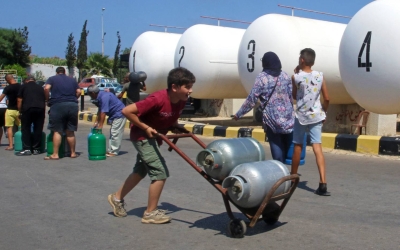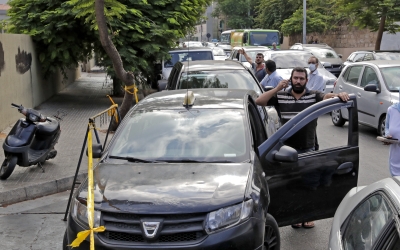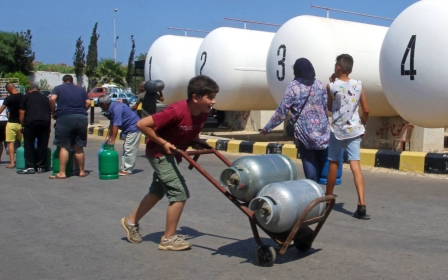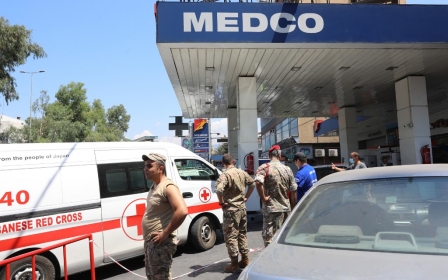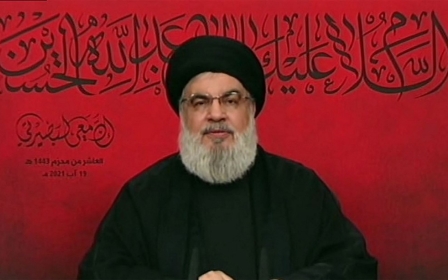Lebanon has not received request for permission for Iranian fuel import, says minister
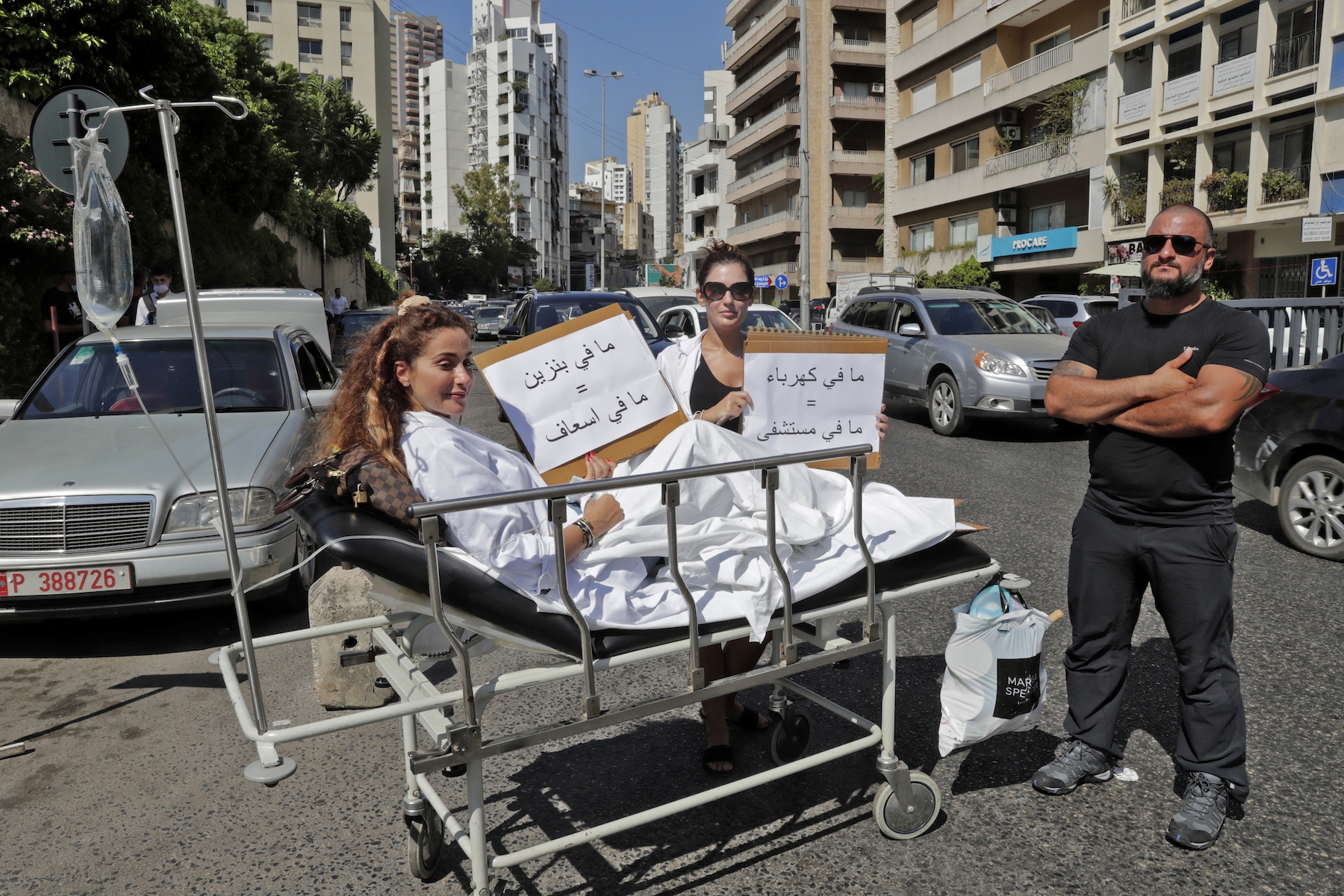
Lebanon has received no request for fuel to be imported from Iran, the country's caretaker energy minister said on Wednesday, appearing to confirm that the Lebanese Hezbollah movement bypassed the state with its move to import Iranian fuel.
Hezbollah chief Hassan Nasrallah announced last month that a shipment of Iranian fuel oil was on its way to help ease crippling shortages, and has subsequently announced two more shipments.
The first shipment has yet to arrive, and Hezbollah has not announced details of where it will dock.
Asked about the Iranian shipment, Raymond Ghajar told journalists that "our role is restricted to import permits, we did not receive a request for permission,” Reuters reported.
Asked if this meant the ship was coming without permits, Ghajar said: "No. We do not have information. Permission was not requested from us. This is all I am saying.”
Ghajar's statement comes as the United Nations announced it had allocated $10m to help the cash-strapped nation to buy vital fuel to power hospitals and water stations.
The fuel crisis, caused by a broader financial meltdown, has forced even essential services to shut down or scale back operations.
On Tuesday, Parliament Speaker Nabih Berri, an ally of Hezbollah and one of the most powerful figures in the state, said he welcomed any support, including from Iran, to help Lebanon get through its crisis.
Hezbollah's opponents say the decision has further undermined the authority of the state and exposed Lebanon to the risk of US sanctions. However, Nasrallah has said that US sanctions on Syria have already been a major cause of Lebanon's economic collapse.
Hezbollah is by far the most powerful faction in Lebanon, where it has been part of the ruling system for years.
Millions live in poverty
The UN pledge could be a lifeline for millions of Lebanese crippled by the country’s economic crisis.
On Tuesday, the UN's humanitarian agency OCHA said a $6m allocation from the Lebanon Humanitarian Fund was planned to help 65 hospitals, primary healthcare centres, dispensaries and medical cold storage facilities.
Another $4m would be set aside for health centres as well as water stations and four water facilities that serve more than two thirds of Lebanon's population, it said in a statement.
"The allocation will help 2.3 million people across Lebanon by making sure there is enough fuel to keep water stations functioning," said OCHA.
"The fuel shortage, a result of the ongoing socioeconomic and political crises, is jeopardising the availability of health care and drinking water for nearly everyone in Lebanon," it added.
During a visit to Beirut on Wednesday, UN humanitarian chief Martin Griffiths tweeted: "Lebanon faces profound uncertainty. The humanitarian community, though, is resolved to assist all vulnerable populations, whether Lebanese, refugees or migrant.
"With donors’ support, humanitarians will respond to people’s needs as long as required, but not a day longer.”
Lebanon's economic collapse has stripped the national currency of most of its value and left four out of five inhabitants below the poverty line.
The crisis deepened when central bank started removing subsidies in order to shore up its dwindling foreign currency reserves, making the cost of fuel imports more expensive.
That has led to shortages of almost everything, with power cuts lasting up to 22 hours a day and fuel for private generators increasingly scarce.
Many hospitals have been forced to scale back operations because of the shortages.
The UN children's agency Unicef has repeatedly warned that a near total shutdown of the water supply in Lebanon could threaten more than four million people.
Middle East Eye delivers independent and unrivalled coverage and analysis of the Middle East, North Africa and beyond. To learn more about republishing this content and the associated fees, please fill out this form. More about MEE can be found here.


